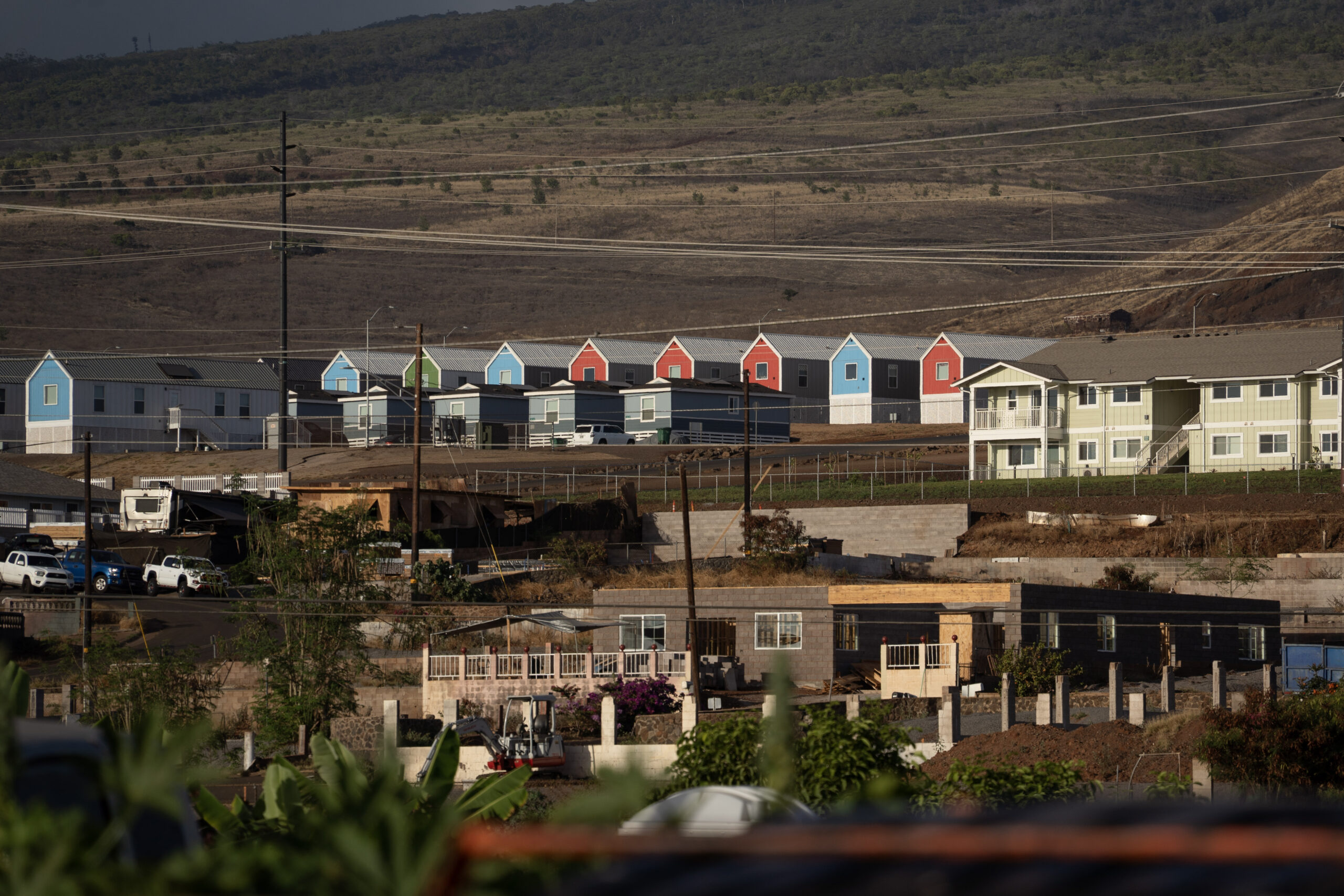Maui homes For Sale
- Haiku Homes For Sale
- Haliimaile Homes For Sale
- Hana Homes For Sale
- Honokowai Homes For Sale
- Kaanapali Homes For Sale
- Kahakuloa Homes For Sale
- Kahana Homes For Sale
- Kahului Homes For Sale
- Kanaio Homes For Sale
- Kapalua Homes For Sale
- Kaupo Homes For Sale
- Keanae Homes For Sale
- Keokea Homes For Sale
- Kihei Homes For Sale
- Kipahulu Homes For Sale
- Kuau Homes For Sale
- Kula Homes For Sale
- Lahaina Homes For Sale
- Lanai Homes For Sale
- Launiupoko Homes For Sale
- Makena Homes For Sale
- Maalaea Homes For Sale
- Makawao Homes For Sale
- Maui Meadows Homes For Sale
- Molokai Homes For Sale
- Nahiku Homes For Sale
- Napili Homes For Sale
- Olinda Homes For Sale
- Olowalu Homes For Sale
- Paia Homes For Sale
- Pukalani Homes For Sale
- Spreckelsville Homes For Sale
- Ulupalakua Homes For Sale
- Wailea Homes For Sale
- Waihee Homes For Sale
- Wailuku Homes For Sale
First Time Homebuyers Dominate Applications for Federal Recovery Housing Support
High demand for assistance under the $1.6 billion fund highlights affordability challenges and the urgency for accessible entry into homeownership.

Kukui Keahi never thought homeownership was possible. As a lifelong renter and survivor of the August 2023 Lahaina wildfires, she simply never saw a way to afford it—until now.
When Maui County launched a new housing initiative last week, offering fire survivors up to $600,000 in grant funding to purchase a home, it changed everything.
“It’s given people that hope that… ‘I can live at home. There’s a chance I can stay here,’” said Keahi.
While she ultimately chose not to apply—citing concerns over long-term costs—Keahi now helps hundreds of others navigate the process through her work at the Kākoʻo Maui Relief & Aid Services Center. The surge of interest has been overwhelming but heartening: In just a few days, 446 people applied, 355 of them for the first-time homebuyer program alone.
Why the First-Time Buyer Program Stands Out
Funded through a $1.6 billion federal Community Development Block Grant, the Ho‘okumu Hou housing programs are designed to help wildfire survivors rebuild their lives—whether by reconstructing homes they lost or buying for the first time.
While all three housing aid tracks are seeing applicants, the first-time homebuyer program is by far the most popular, reflecting a stark reality: the fires disproportionately displaced renters.
Nearly 80% of FEMA-approved households after the fire were renters.
With Maui’s median home price hovering at $1.3 million, and median condo price at $675,000, owning a home has long been out of reach for many. But these new grants offer a once-in-a-lifetime opportunity—with up to $600,000 available per qualified buyer.
Who Qualifies?
The program prioritizes fire survivors but is open to all first-time homebuyers within income limits (50–120% of area median income). To qualify:
- Buyers must purchase in Maui County
- The home must be outside a flood zone
- Housing costs must not exceed 30% of gross monthly income
- Grants do not need to be repaid, but buyers must:
- Live in the home as their primary residence
- Agree to resale restrictions to keep the home affordable
- Commit to a 99-year affordability term
Housing Recovery by the Numbers
Out of the $1.6 billion grant:
- $903.6 million is going to housing
- $185M for first-time homebuyers
- $298.6M for reconstruction/reimbursement
- $420M for new and rebuilt multifamily rentals
The application window for the current programs is six months, but could be extended depending on demand.
Survivors Still Face Tough Choices
While the grants offer hope, they don’t erase the challenges.
Some, like Keahi, remain cautious. “I would like to [buy a home] because I would like to leave something for my kids, but I don’t know,” she said, noting the responsibilities of maintenance and hidden costs that come with homeownership.
Others, like Chamille Serrano, are forging ahead with rebuilding—hoping to combine insurance, loans, and grant aid to return home. Serrano’s extended family of eight was displaced after losing their six-bedroom home and spent time couch surfing, living in a car, and relying on temporary housing before finding stability again.
“All of us in Lahaina… we are going to be rising together, not having somebody left behind,” she said.
A Long Road Ahead, But a Path Forward
As the county and federal agencies continue to adjust to the evolving needs of survivors, local leaders stress that community voices shaped this recovery plan—and will continue to guide it.
“We’re doing our best to pivot when we need to,” said John Smith, head of Maui’s Office of Recovery. “To meet the need of recovery where it is today and looking into the future.”
Where to Learn More or Apply
 Visit: Maui Recovers
Visit: Maui Recovers Program Info & Application Details: County of Maui Housing Recovery
Program Info & Application Details: County of Maui Housing Recovery Application Deadline: ~February 2026 (subject to extension)
Application Deadline: ~February 2026 (subject to extension)
 Are you a fire survivor or first-time buyer considering applying?
Are you a fire survivor or first-time buyer considering applying?
Drop your questions in the comments or share this post with someone who needs to see it. 

#MauiStrong #LahainaRecovery #FirstTimeHomebuyer #WildfireRelief #Ho‘okumuHou #HawaiiHousing #MauiNews
